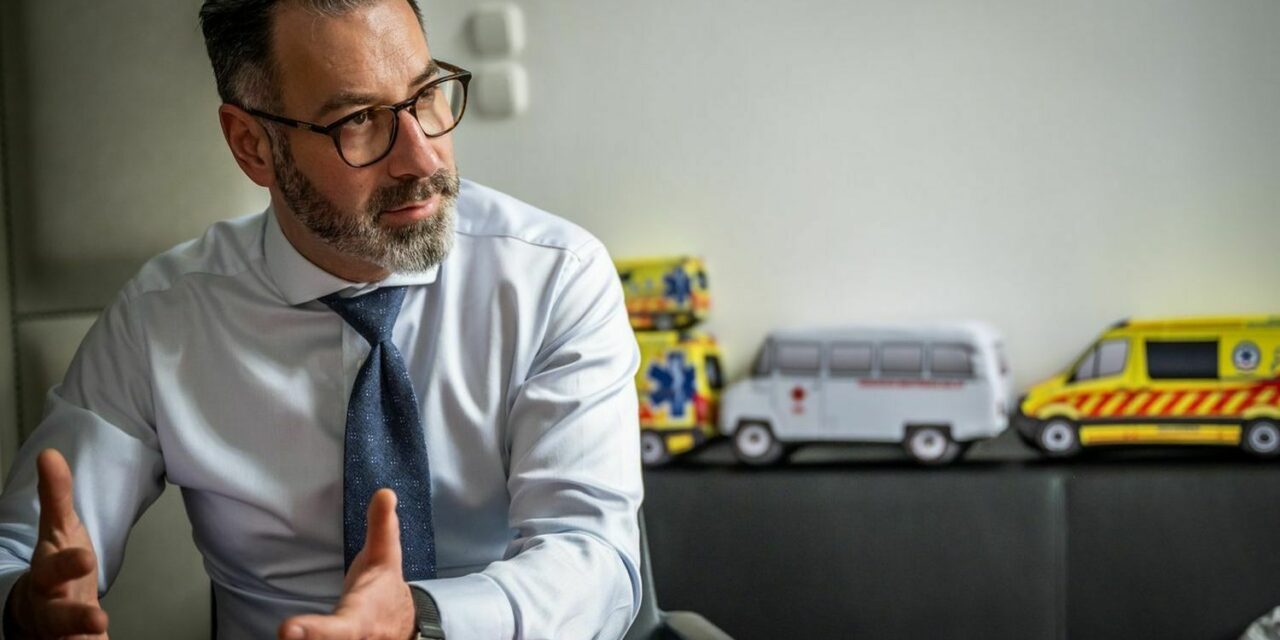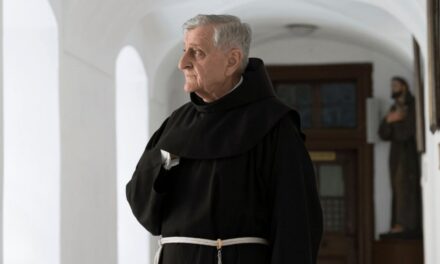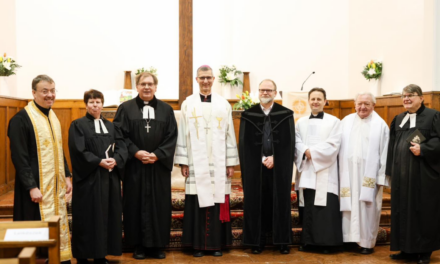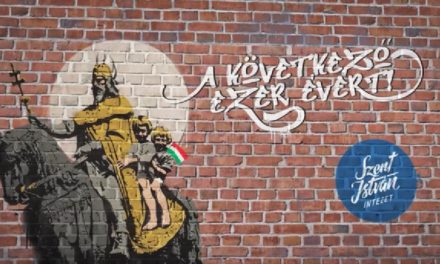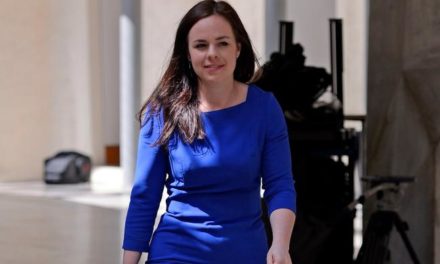It is natural for me to use the knowledge I have acquired here for the benefit of Hungarian patients - said Gábor Csató, Director General of the National Ambulance Service, in response to the question why he does not aspire to a career abroad. Interview.
The first person in Hungarian rescue management to win the Young Leader of the Year award in 2021 was confirmed a few months ago at the age of forty in the church on Hold street. Gábor Csató answered the reporter's question about whether paramedics receive feedback after their work and how he chose this profession:
We have 1.2 million rescue cases a year, in fact we meet every ninth compatriot in a year. We can't always prevent a tragedy, but there are a lot of lifesaving events that have a good outcome. If a feedback appears, a sincere thank you, it will give this community of comrades unheard of strength. My great-grandfather was a county nurse. As a pensioner, he told me a lot about his work, which is where I got my first rescue experiences.
We used to say that the sound of a siren is contagious;
maybe these flashbacks were too. But they certainly played a role in the fact that I applied to the Medical University of Debrecen, where I became an anesthesiologist and intensive care physician. In any case, it is a fact that when I was a second-year medical student, I already wanted to see something from direct patient care. I had a sense of loss, because in the first years we listened to more foundational and theoretical subjects. This is mainly why I became an emergency nurse.
Next to the university, I could only rescue at night, at most during the day on weekends, but here you could experience and practice the most, it was the most obvious. So, until the end of my residency years, I worked my way through the ranks of retiring paramedics.
How do you remember what you liked about direct rescue work?
It is really good to rescue when you already have enough experience and a sense of security.
In addition, a different - much more rudimentary - rescue management system was in operation at that time... The ambulance was sitting in the car and did not know what exactly he was going to do. What we knew was dictated on the radio, but we didn't know the exact coordinates and details, at most we guessed what specific task awaited us. When we arrived, everyone looked at us as the embodiment of hope. While this is an overwhelming responsibility, it is also an uplifting feeling and an amazing adrenaline bomb. Well, even if it turns out that we were really able to help and that the person was returned to his loved ones in good health.
Why didn't you stay on that line then?
Even at the scene, the work is not done by the ambulances alone: in most cases, the necessary care continues with long treatments, although the first step undoubtedly belongs to the emergency workers.
In order to monitor the complexity, I went in the direction of anesthesiology and intensive therapy, for which I also took a specialist exam.
Later, I built a private rescue company and worked abroad. In addition to my intensive care work at home, I worked in the UK for seven years. I am very grateful to God for the opportunity to learn a lot there, which I can put to good use back home.
Have you thought about starting a career in England and settling somewhere abroad?
I kept getting offers to England from several places, but there were too many things tied up in Hungary for me to be able to stay abroad. In addition, this country paid for my education, since I went to a public high school and a public university.
For me, it is self-evident that I use the acquired knowledge for the benefit of Hungarian patients.
In addition, in 2017 I had the honor that the current bishop Zoltán Balog, who was the Minister of Human Resources at the time, accepted my application for the position of Director General of the National Ambulance Service.
If you mentioned Zoltán Balog, how did it happen that you were confirmed in his church on Hold Street, just a few months ago? What is the history of this adult confirmation?
I would start from the fact that my roots are Catholic on my father's side and Reformed on my mother's side. My parents do not practice their religion, but just as there was no question of baptizing me, neither was there a question of it taking place in a Reformed church. They were predestined for this by the strongly Reformed environment in Debrecen. Even later as a child, they supported me so that, at my request, I could become a religious teacher at school, go to the church of the Nagyerde church, and even go to the church's children's camps. I cannot forget that I received my first religious impulses from my paternal grandmother. Although religion has always been important to me, I have undoubtedly drifted somewhat, it has been a winding road leading to this point. When I was a teenager, I skipped confirmation, I wasn't ready to stand in front of the congregation and confess my faith and my affiliation. Even as an adult, I tended to distance myself, although I continued to pray often and
I always felt I owed it to God to make the confirmation I had never missed and with it the full commitment to him and the church.
The rapprochement process began with the fact that, as I mentioned, I gained trust from the minister, and after that I was able to talk to him several times not only as the head of the ministry, but also about spiritual issues. Especially after he fully returned to church life. As the culmination of the process, I asked for the opportunity for confirmation. This happened in March, one day before my fortieth birthday.
During your work as a healer, how did you "realize" God?
As an intensivist, but even as a university paramedic, I have experienced many things for which there is no medical explanation. In the intensive care unit, we deal with patients in the most critical condition, where the mortality rate is on average 20-30 percent.
However, where a seemingly impossible situation turns around, there really can be no other question than that God gives a visible testimony of himself and his omnipotence.
Source: Hungarian Reformed Church
Featured image: László Sebestyén

